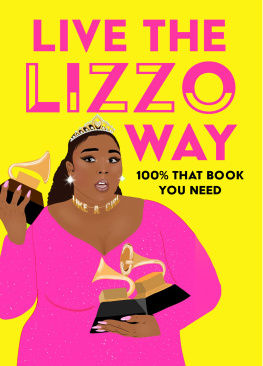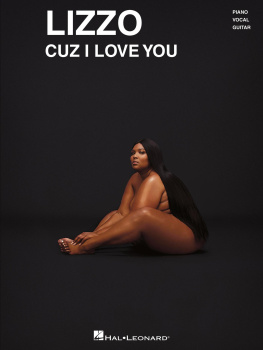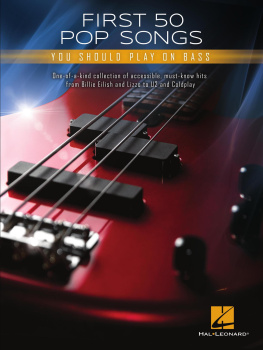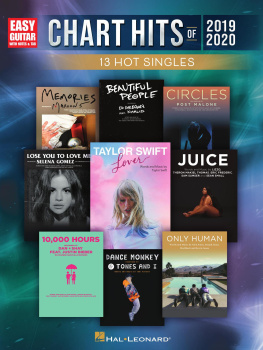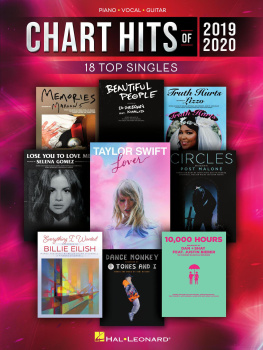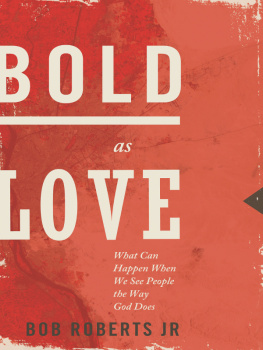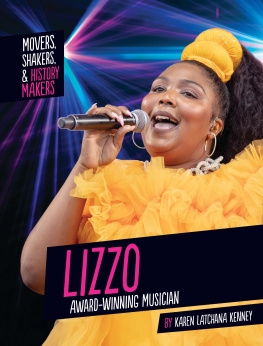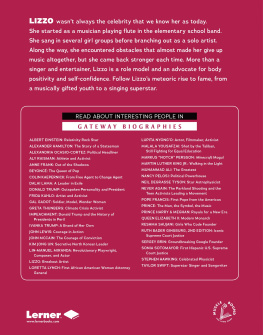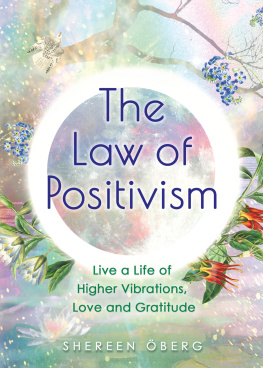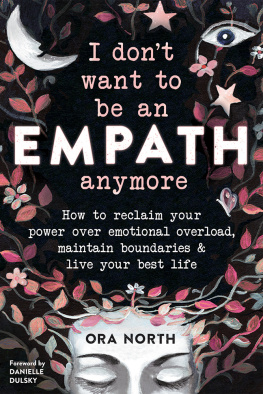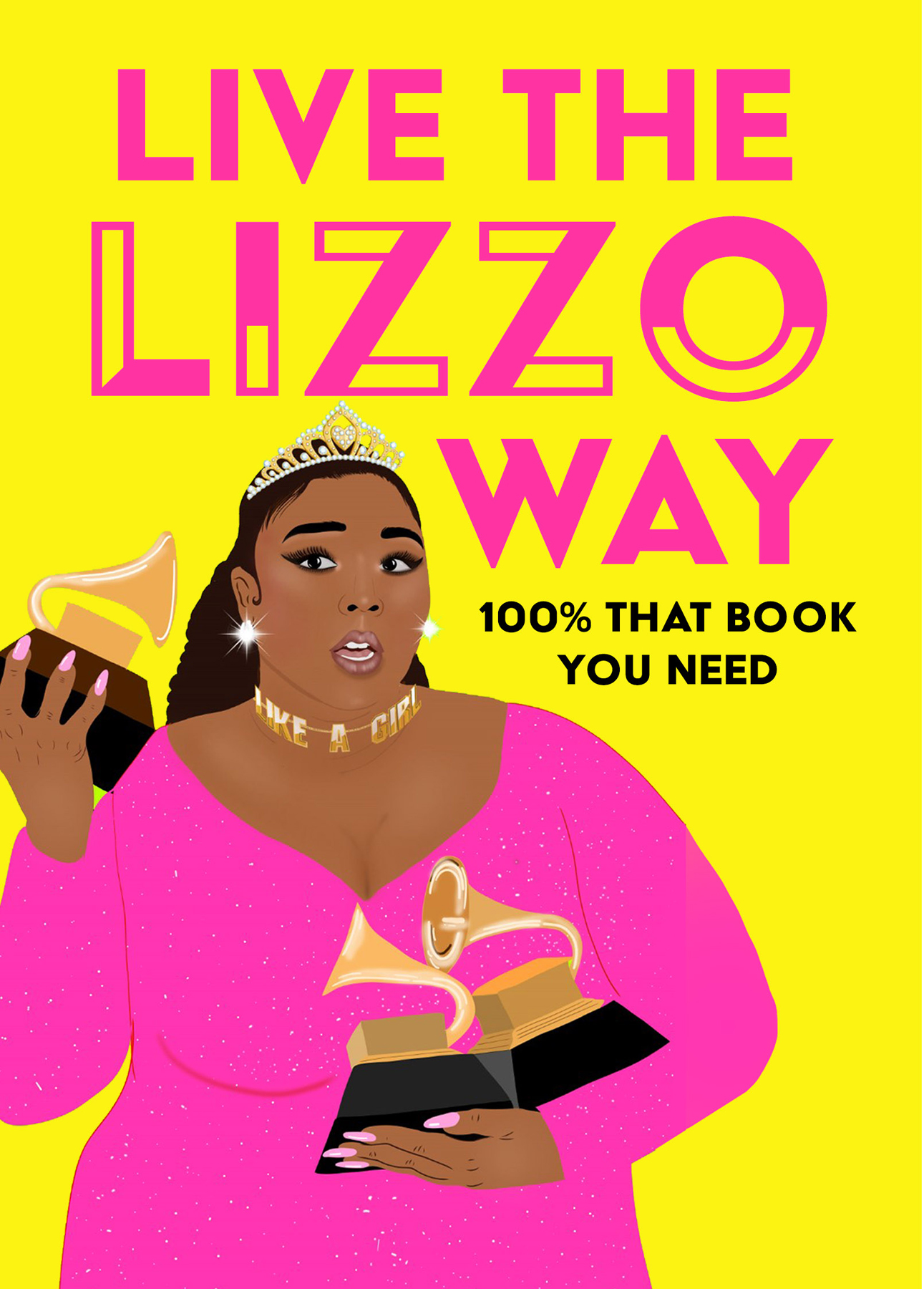Contents
Guide
HarperCollinsPublishers
1 London Bridge Street
London SE1 9GF
www.harpercollins.co.uk
HarperCollinsPublishers
1st Floor, Watermarque Building, Ringsend Road
Dublin 4, Ireland
First published by HarperCollinsPublishers 2021
FIRST EDITION
HarperCollinsPublishers 2021
Cover design HarperCollinsPublishers 2020
Front cover illustration by Amelia Deacon HarperCollinsPublishers 2020
A catalogue record of this book is available from the British Library
Natty Kasambala asserts the moral right to be identified as the author of this work
Illustrations by Amelia Deacon
All rights reserved under International and Pan-American Copyright Conventions. By payment of the required fees, you have been granted the nonexclusive, non-transferable right to access and read the text of this e-book on screen. No part of this text may be reproduced, transmitted, downloaded, decompiled, reverse engineered, or stored in or introduced into any information storage retrieval system, in any form or by any means, whether electronic or mechanical, now known or hereinafter invented, without the express written permission of HarperCollins e-books.
Find out about HarperCollins and the environment at www.harpercollins.co.uk/green
Source ISBN: 9780008449292
Ebook Edition May 2021 ISBN: 9780008449308
Version 2021-05-17
This ebook contains the following accessibility features which, if supported by your device, can be accessed via your ereader/accessibility settings:
- Change of font size and line height
- Change of background and font colours
- Change of font
- Change justification
- Text to speech
- Page numbers taken from the following print edition: ISBN 9780008449292
CONTENTS
I ts safe to say that over the last few years it has been nearly impossible to walk through life without hearing about Lizzo: on your TV, at festivals, on the radio she has been pretty much everywhere.
If youre ever in doubt when out in the wild, here are some of the tell-tale signs that youre listening to a Lizzo song: playful, punchy lyrics that are instantly convertible into Instagram captions; an anthemic sing-along chorus; the distinct feeling of being able to conquer the world both during and after the song has played out in full.
From topping the charts with her sleeper hit Truth Hurts, to sweeping the 2019 Grammys (she was nominated for eight and took home three), to being named TIME magazines Entertainer of the Year 2019, in many ways, it has been Lizzos year for about three years and counting.
But, despite popular belief, shes been around for longer than you might think. Since 2014 Lizzo, born Melissa Viviane Jefferson, has been hustling and struggling, honing her craft and finding her sound. She toured endlessly, performed for free and at one point even slept in her car for a year while trying to make it in the biz. Born in Detroit, Michigan, before relocating to Houston, Texas, as a young girl, she dreamed of and was surrounded by music for many years. Influenced by the rich rap culture of Texas, she started rapping with her friends and landed on the stage name Lizzo at the age of just 14.
While at school and the University of Houston, she was classically trained as a flautist, though she soon realised that trying to balance her rap and flute careers at the same time would be unsustainable. In 2013, Lizzo worked to release her first rap album, Lizzobangers, which was distinctly hip-hop in sound and was eventually rereleased by a major label. Off the back of this, she was approached by one of her idols Prince and subsequently featured on his 2014 album Plectrumelectrum, before dropping her second album, Big GRRRL Small World, in 2015, which was met by a respectable media response but made no significant cultural waves. It was what came next that signalled the beginning of Lizzo as we know and love her today.
With the release of her 2016 EP Coconut Oil, which acted as a reintroduction, the lead single Good as Hell an exultant, gospel-inspired, feel-good tune established her as a symbol of self-love, healing and complete positivity. She used the momentum of this to go out and tour the world, converting audiences to the church of Lizzo. From playing supporting slots for HAIM and Florence + the Machine, to guest-judging on RuPauls Drag Race, to soundtracking the 2016 Barbershop: The Next Cut feature film, Lizzos reach became broader than ever before. And she has been grafting ever since.
Thanks to the viral clips of her ho and flute endeavours (her flute now has its own Instagram account and fits seamlessly into her pop identity) and her elaborately theatrical visuals, hilarious personality pieces, countless raunchy Instagram posts and record-breaking hits, Lizzo has morphed into the newest pop phenom. Her single Truth Hurts powered to the top of the Billboard charts three years after its original release, confirming her self-proclamation in the track that she is in fact that b*tch, whether people realise it or not.
With every appearance, her infectiously bold presence wins over crowds and bolsters the inspiring message of her music. Shes a living example of how you can become your most authentic self and be comfortable in your own skin, having graced the covers of Rolling Stone, Vogue, Elle, Billboard, NME and so many more sporting daring fashion choices, audacious hairstyles and her signature self-confidence. On stage, shes backed up by all plus-size dancers and routinely transitions into freestyle flute interludes, often with a twerk as the final flourish. Unafraid to have fun, break the mould and be vulnerable, Lizzo is also candid about her own struggles and has become an advocate for body positivity, the importance of looking after your mental health and relationships, and more.
And shes clear about who she does it for, too. As well as crediting her career to those who have come before her Aretha Franklin and Missy Elliott being two of her biggest inspirations Lizzo dedicates her music to those for whom she can be a source of inspiration and representation. And with a rabid fandom dubbed the lizzbians, her own sub-genre of memes and celebrity co-signs from the likes of Harry Styles, Rihanna and the cast of Netflixs Queer Eye, its clear that the world is ready to receive her. She defies all the prescribed rules of how a popstar is meant to act, look and feel about themselves, and for that reason, she has become a beacon of hope for the marginalised as well as the mainstream.
The release of her third studio album in 2019, Cuz I Love You, only solidified her stardom. With its iconic intimate nude portrait on the cover and the string of powerhouse ballads that showcase her chops as a singer as much as a rapper, the record confirmed all suspicions that Lizzo was ushering in a new era of pop one that gives you permission to be physically and emotionally naked, to reject toxic beauty standards and cultural norms and to claim back concepts of self-love in a meaningful, unabashed way. Soulmate declares her as her own destined other half, Jerome rids her of a toxic relationship and Like a Girl sees her dispel female stereotypes to reclaim the misogynistic clich as an expression of power, femininity and strength. In a world that can feel judgemental and prescriptive, Lizzo shows us how to be inclusive, liberated and unapologetic in the way we live our lives.

